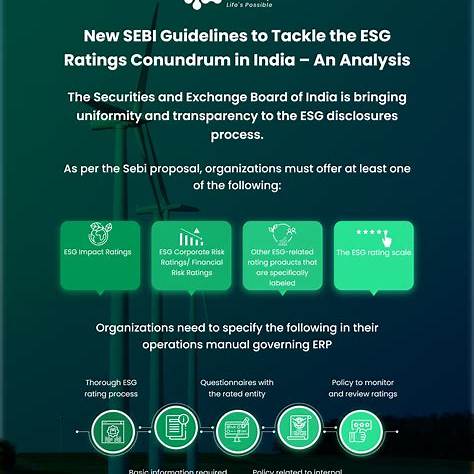11 May – Environmental, Social, and Governance (ESG) practices are becoming increasingly vital for companies worldwide, and Malaysia is no exception. As businesses face growing pressure to be more sustainable and responsible, adopting ESG principles has emerged as a strategic necessity. In Malaysia, companies are recognizing the importance of ESG not only for compliance but for enhancing their long-term financial performance, attracting investment, and staying competitive in an evolving market.
ESG as a Strategic Imperative
In Malaysia, the government has actively promoted ESG adoption as part of its commitment to the United Nations Sustainable Development Goals (SDGs). The focus on ESG practices, particularly environmental responsibility, is driven by the need to address climate change and encourage sustainable development. Companies that integrate ESG factors into their business models are finding they can reduce operational risks, enhance resource efficiency, and improve stakeholder value. In particular, those prioritizing environmental sustainability gain an edge as both consumers and investors increasingly favor companies demonstrating responsibility toward the planet.
Government Support for ESG
The Malaysian government has recognized the role of ESG in economic growth and sustainability. The Securities Commission Malaysia (SC) and Bursa Malaysia have introduced guidelines for companies to report their ESG performance transparently. These initiatives aim to increase ESG awareness and accountability in businesses, making Malaysia a regional leader in sustainable practices. In addition to regulatory measures, the government offers incentives to encourage businesses to invest in green technologies and improve governance standards.
Attracting Investment through ESG
A major factor driving the adoption of ESG practices is the growing interest from investors. Companies that demonstrate strong ESG performance are more likely to attract investment, as investors now increasingly focus on long-term sustainability rather than short-term profits. Research indicates that firms with higher ESG ratings often outperform their peers in stock performance and profitability. As ESG-driven investments become more popular, businesses that do not prioritize ESG may risk losing crucial investment opportunities.
A Competitive Advantage
ESG adoption also presents significant competitive advantages. Companies with robust ESG practices can enhance their brand reputation, attract loyal customers, and differentiate themselves in the market. Moreover, integrating sustainable practices helps companies mitigate risks related to climate change, supply chain disruptions, and social inequalities, leading to improved operational efficiency and cost savings.
Conclusion
As the demand for sustainable practices rises globally, Malaysia’s businesses must prioritize ESG to remain competitive. Companies that embrace ESG will not only contribute to a more sustainable future but also unlock new growth opportunities, setting themselves up for long-term success.
Sources:
- Securities Commission Malaysia (SC): https://www.sc.com.my
- Bursa Malaysia: https://www.bursamalaysia.com





